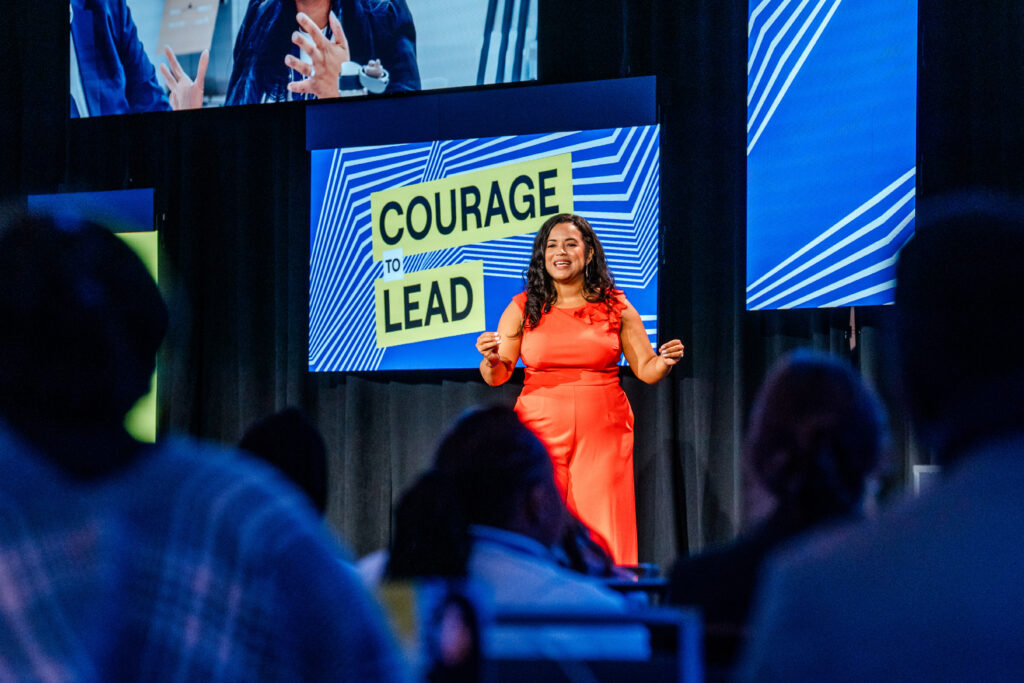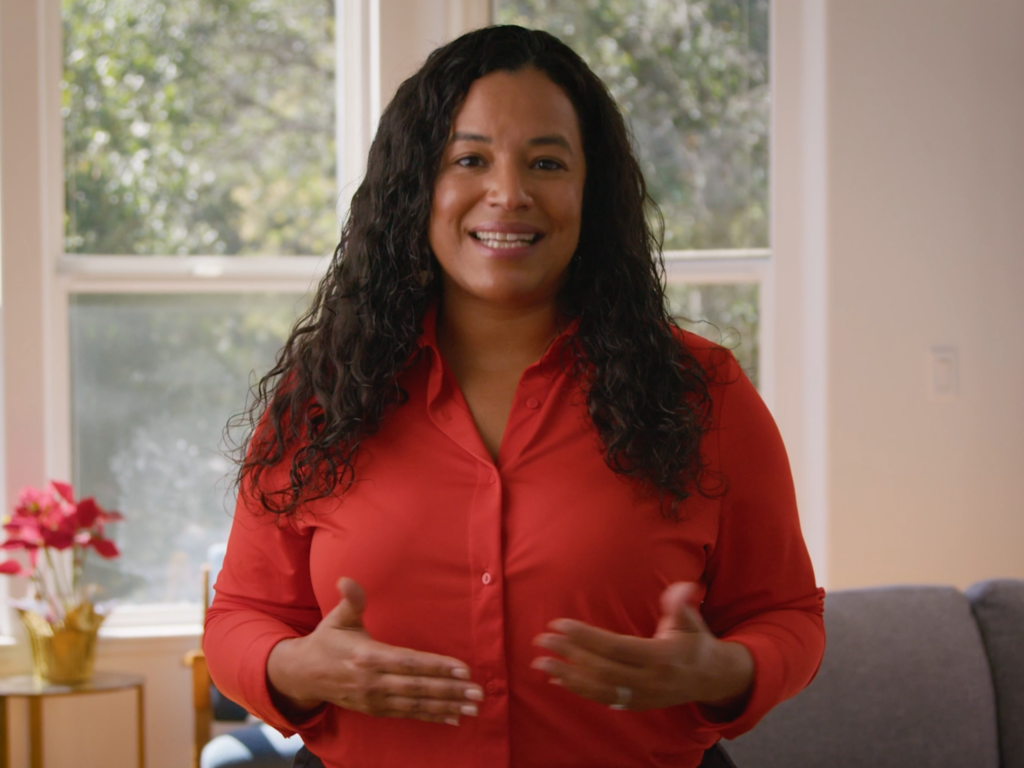WASHINGTON, D.C. – Experts who gathered here recently to discuss educational entrepreneurship pointed to what they see as barriers to expanding its influence in the K-12 arena: federal and state policies, district bureaucracies, a climate that resists change, and outright political opposition.
“In a system that is producing results that we as a nation find somewhere between awful and deplorable, we need to think seriously about an environment that’s going to foster entrepreneurialism so that we have innovation in the system,” said Joel I. Klein, the chancellor of the 1.1 million-student New York City school system. “We are designed to be an anti-innovation enterprise.”
At the Nov. 14 conference sponsored by the American Enterprise Institute, a Washington think tank that promotes free-market-based policies, Mr. Klein argued that “lock-step pay,” tenure, and seniority rules governing the placement of teachers are “key drivers” of school districts’ policies that impede innovation. Another obstacle, he said, comes from Washington.
“ Even my friends in the federal government, God love ‘em, they decided to tell us we need ‘research-based’ ways to do reading, as if people think research is remotely near where it needs to be, and second of all, as if we want to lock in place any approach at this point,” said Mr. Klein, a former assistant U.S. attorney general under President Clinton.
Kicking off the event, Frederick M. Hess, the director of education policy at the AEI, said entrepreneurship involves “throwing a lot of darts.” He emphasized that it isn’t about any specific idea, such as school choice or merit pay for teachers, but instead “is a process of generating new opportunities.”
Examples of entrepreneurial organizations cited at the conference include the San Francisco-based Knowledge Is Power Program, or KIPP, as well as Teach for America, Edison Schools Inc., and New Leaders for New Schools, all based in New York City.
A series of papers issued at the conference will become part of a book edited by Mr. Hess and scheduled to published next fall by Harvard University Press. Educational entrepreneurs are “visionary thinkers who create new for-profit or nonprofit organizations from scratch that redefine our sense of what is possible,” says a paper co-written by Kim Smith, the chief executive officer of the New Schools Venture Fund, and Julie Peterson, the communications manager at the San Francisco-based philanthropy, which has underwritten many educational entrepreneurs.
‘Flights of Rhetoric’
For his part, Larry Cuban, an education professor at Stanford University, praised the “inventiveness and dedication” of entrepreneurs. But he cautioned, “As a historian of school reform, I have been unpersuaded – by entrepreneurs – flights of rhetoric, past and present.”
Offering historical context, he suggested that while earlier entrepreneurs had made major changes in U.S. schools, they seldom substantially altered the basic setup of American classrooms or the academic achievement of low-income students.
Today, Mr. Cuban said, pressures for test-based accountability get in the way of innovation.
“State and federal penalties for low test performance press entrepreneurs” to embrace traditional classroom practices, he argued, “whether or not they find these practices worthwhile.”
But a Bush administration official argued otherwise. “The greatest contribution of the federal government” to entrepreneurship is the climate created by the nearly 4-year-old law, said Nina Shokraii Rees, the U.S. Department of Education’s assistant deputy secretary for innovation and improvement.
“The pressure that No Child Left Behind has created has been a creative medium to attract entrepreneurship,” she said.
Focusing on charter schools, John E. Chubb, the chief education officer of Edison Schools Inc., a leading for-profit manager of such schools, argues that political opposition to the independently run public schools has led to restrictions in state charter laws that prevent “truly” learning what choice, competition, and entrepreneurship can mean for public education.
“The experience of charter schools is a frustrating one for entrepreneurship and for the improvement of public education,” he writes in a paper for the conference. “Charter schools – have become a cottage industry with thousands of small schools struggling alone in far too many cases to develop the wherewithal to function effectively.”
Robert Maranto, a professor at Villanova University in Philadelphia who has studied charter schools extensively, suggested that some of the best providers of alternatives to regular public schools are limited in their reach and growth by their very nature.
“The ones that have great quality are slow-growth,” he said at the conference. He noted, for instance, that KIPP accepts only 4 percent of principals who apply. Henry M. Levin, the director of the Center for the Study of Privatization, based at Teachers College, Columbia University, says in a conference paper that even innovative new schools tend to move back toward the norm over time.
“There is something about schools that seems to excise or modify change,” he writes.


